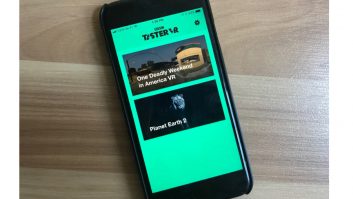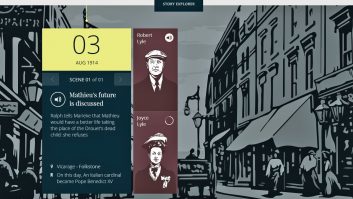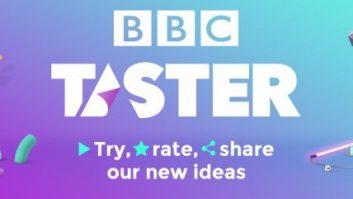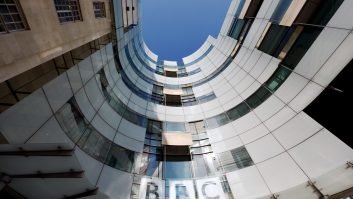
The BBC has launched BBC Taster, which it describes as ‘a space to develop its latest ideas for digital content and emerging technology.’ The online interactive service will provide a platform for new, experimental content from TV, radio and online offering audiences the opportunity to ‘try, rate and share.’
Innovations in digital technology will also be showcased, with experiments from BBC Future Media, Research & Development, and Connected Studio. BBC Taster will allow audiences to respond to editorial and technology teams to “give us valuable feedback and technical insights, helping us further develop our ideas and work on those with the greatest potential,” according to Ralph Rivera, director of BBC Future Media.
The service looks to allow audiences to really engage with content, with comments feeding back to the BBC, and changes made according to audience preference, which surely offers good value for money for a license fee-payers. It is not clear how much the new service has cost, but as well as ‘opening the process up for audiences’ the BBC has also used changing media consumption habits as a justification for Taster’s launch. Tablets are now in 44 per cent of UK households, and 61 per cent of UK adults own a smartphone – including 88 per cent of 16 to 24 year-olds – and are also considered the most important device for accessing the internet among 16 to 34 year-olds, according to Ofcom research. In addition, BBC Online now receives as much traffic from mobiles as it does from PCs: in November last year bbc.co.uk received 23 million UK browsers from mobiles and 23 million from computers.
“We’ve always pushed the boundaries with our creative programming and innovative digital services,” commented director of BBC TV, Danny Cohen. “These two worlds are coming together and opening up new possibilities for telling stories. BBC Taster will help ensure we stay at the forefront and better serve audiences now and in the future. It’s an exciting opportunity for our world-class production teams to take more creative risks online, try their ideas out and put them in the hands of audiences.”
So what exactly is the ‘experimental content’ being promised to audiences? Much of this content has already been produced, so at launch there will be examples from BBC iPlayer, news, Radio 1, natural history, drama, and current affairs and arts, with more promised in the future.
Already announced is When Len Met Jen: 40 minutes of unseen material from an interview with Lena Dunham, producer, screenwriter, actress and creator of HBO series Girls, and comedian, screenwriter and actress, Jennifer Saunders. BBC archive footage will also be featured on Taster, along with unseen material from BBC recordings or backstage footage. Who is in today? gives audiences a glimpse of celebrities who visited the BBC studios and offices each day, with photos and videos. Personalised content will also add to Taster, with BBC iPlayer Shuffle: a continuous video player that learns from what the user clicks on, serving relevant content to them as it learns likes, and dislike. Interaction with content is also an element of the new service: Your Story uses the BBC News archive to create a personalised and shareable timeline of stories making the headlines from when the user was born, and Body language, which allows the user to mix and match images and poetry to make their own videos and pictures and share with friends.
Audiences will be able to rate content, talent and new technology before any BBC budget commitments are applied to it. Even the Taster service still seems experimental in form: during a presentation at launch yesterday, the service was described as “rough around the edges”.







